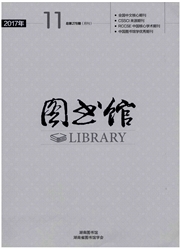

 中文摘要:
中文摘要:
世纪之交以来的回族小说,以伊斯兰文化为价值底色,构建着“保守主义”倾向的宗教性叙事伦理,主要表现为以“清洁精神”伦理拯救世俗诱惑和道德沦陷困境中的人性之真与心灵之净,以“彼岸意识”伦理探寻生死相通和现世苦难追问中的轮回运转与超越解脱,以“神圣体验”伦理参悟万物有灵和宗教神祗领域中的幽冥哲思与神秘图景,以“母族皈依”伦理重觅精神漂泊和文化无根突围中的身份归属与本土诗意,伊斯兰文化孕育的叙事伦理,蕴含着对以“现代性”为价值主导小说叙事的宗教式反思与审美式批判。
 英文摘要:
英文摘要:
With their fundamental values originated from Islamic culture, the Hui novels since the turn of the century tend to construct a religious narrative ethics of“conservatism”:by the“clean spirit”, saving the true humanity and clean Soul against profane temptation and moral corruption;by the“awareness of the other shore”, pursuing the communion of life and death, and the transmigration and relief from secular suffering, by“sacred experience”, understanding the animism and mysterious vision in religion and deities; and by the consciousness of “converting to maternal family”, seeking the identity affiliation and native poetry from the spirit vagrancy and cultural rootlessness. Hence the narrative ethics bred by the Islamic culture implicate certain religious reflection and aesthetic criticism against the novel narrations which take“Modernity”as their dominant values.
 同期刊论文项目
同期刊论文项目
 同项目期刊论文
同项目期刊论文
 期刊信息
期刊信息
